Mouse RAGE ELISA Kit
$299.00 – $419.00
ELISA Kit Detail Information
| Related Target | |
|---|---|
| Species | mouse |
| Sample Type | Serum, plasma, cell culture supernatant, and other biological samples |
| Sample Volume | 20 μL |
| Sensitivity | 7.90 pg/mL |
| Array Range | 15.63 pg/mL – 1000 pg/mL |
| Assay Time | 3.5 h |
| Recovery | 97% – 125% |
| Average Recovery | 105% |
| Intra Precision | 2.0% – 3.4% |
| Inter Precision | 2.2% – 4.8% |
| Plate | Detachable 96-well plate |
| Storage | If the reagent kit is unopened, it should be stored at 4℃. However, if it has been opened, the standard solution should be stored at -20℃, while the other components should be stored at 4℃. |
| Delivery | 4℃ blue ice transportation |
| Components | 96-well polystyrene enzyme-linked immunosorbent assay (ELISA) plate coated with anti-RAGE monoclonal antibody Mouse RAGE freeze-dried standard RAGE detect Antibody Standard Diluent Assay Buffer(10×) Substrate TMB Stop Solution Washing Buffer(22×) Sealing Film |
| Assay Principle | This kit utilizes the double antibody sandwich enzyme-linked immunosorbent assay (ELISA) detection technique.Specific anti-mouse RAGE antibodies are precoated on a high-affinity ELISA plate. Standard samples, test samples, and biotinylated detection antibodies are added to the wells of the ELISA plate. After incubation, RAGE present in the samples binds to the solid-phase antibodies and the detection antibodies. After washing to remove unbound substances, streptavidin-HRP labeled with horseradish peroxidase is added. After washing, a colorimetric substrate, TMB, is added and the plate is incubated in the dark for color development. The intensity of the color reaction is directly proportional to the concentration of RAGE in the samples.A stop solution is added to terminate the reaction, and the absorbance value is measured at a wavelength of 450 nm (with a reference wavelength range of 570-630 nm). |
Related Targets
AGER
AGER Target Infomation Overview
- Target Symbol: AGER, advanced glycosylation end-product specific receptor
- Gene Groups: C2-set domain containing; Scavenger receptors
- Alias: RAGE; SCARJ1; sRAGE
- Alias Names: receptor for advanced glycation end-products
AGER, advanced glycosylation end-product specific receptor Target Infomation by Species
- Human
- Mouse
- Rat
Human AGER Target Information
- Target Symbol: AGER, advanced glycosylation end-product specific receptor
- Alias:
- advanced glycosylation end product-specific receptor
- MGC22357
- RAGE
- RAGE isoform delta
- RAGE isoform NtRAGE-delta
- RAGE isoform sRAGE-delta
- receptor for advanced glycation end-products variant 20
- receptor for advanced glycosylation end products
- receptor for advanced glycosylation end-products
- SCARJ1
- sRAGE
- NCBI_Gene: 177
- UniProtKB: Q15109
Human AGER Predicted Functions
Enables several functions, including S100 protein binding activity; amyloid-beta binding activity; and identical protein binding activity. Involved in several processes, including modulation of chemical synaptic transmission; positive regulation of intracellular signal transduction; and positive regulation of macromolecule metabolic process. Located in apical plasma membrane; cell junction; and fibrillar center. Implicated in several diseases, including autoimmune disease (multiple); cardiovascular system disease (multiple); cystic fibrosis; kidney failure (multiple); and lupus nephritis. Biomarker of several diseases, including artery disease (multiple); chronic kidney disease (multiple); congestive heart failure (multiple); diabetic retinopathy (multiple); and lung disease (multiple).
Mouse Ager Target Information
- Target Symbol: Ager, advanced glycosylation end product-specific receptor
- Alias:
- RAGE
- NCBI_Gene: 11596
Mouse Ager Predicted Functions
Enables S100 protein binding activity; advanced glycation end-product binding activity; and heparin binding activity. Involved in several processes, including cellular response to amyloid-beta; negative regulation of long-term synaptic potentiation; and positive regulation of cytokine production. Acts upstream of or within several processes, including induction of positive chemotaxis; negative regulation of advanced glycation end-product receptor activity; and positive regulation of macromolecule metabolic process. Located in extracellular space and plasma membrane. Is expressed in several structures, including alimentary system; brain; genitourinary system; hemolymphoid system gland; and lung. Human ortholog(s) of this gene implicated in several diseases, including autoimmune disease (multiple); cardiovascular system disease (multiple); cystic fibrosis; kidney failure (multiple); and lupus nephritis. Orthologous to human AGER (advanced glycosylation end-product specific receptor).
Rat Ager Target Information
- Target Symbol: Ager, advanced glycosylation end product-specific receptor
- Alias:
- advanced glycosylation end product-specific receptor variant 2
- advanced glycosylation end product-specific receptor variant 3
- advanced glycosylation end product-specific receptor variant 4
- advanced glycosylation end product-specific receptor variant 5
- RAGE
- receptor for advanced glycosylation end products
- NCBI_Gene: 81722
Rat Ager Predicted Functions
Enables S100 protein binding activity and high mobility group box 1 binding activity. Involved in several processes, including positive regulation of apoptotic process; regulation of cell migration; and response to hexose. Located in several cellular components, including basal plasma membrane; cell surface; and neuronal cell body. Used to study several diseases, including diabetic retinopathy; impotence; renal fibrosis; thromboangiitis obliterans; and type 2 diabetes mellitus. Biomarker of several diseases, including bone disease (multiple); cardiovascular system disease (multiple); colorectal carcinoma; diabetic encephalopathy; and lung disease (multiple). Human ortholog(s) of this gene implicated in several diseases, including autoimmune disease (multiple); cardiovascular system disease (multiple); cystic fibrosis; kidney failure (multiple); and lupus nephritis. Orthologous to human AGER (advanced glycosylation end-product specific receptor).

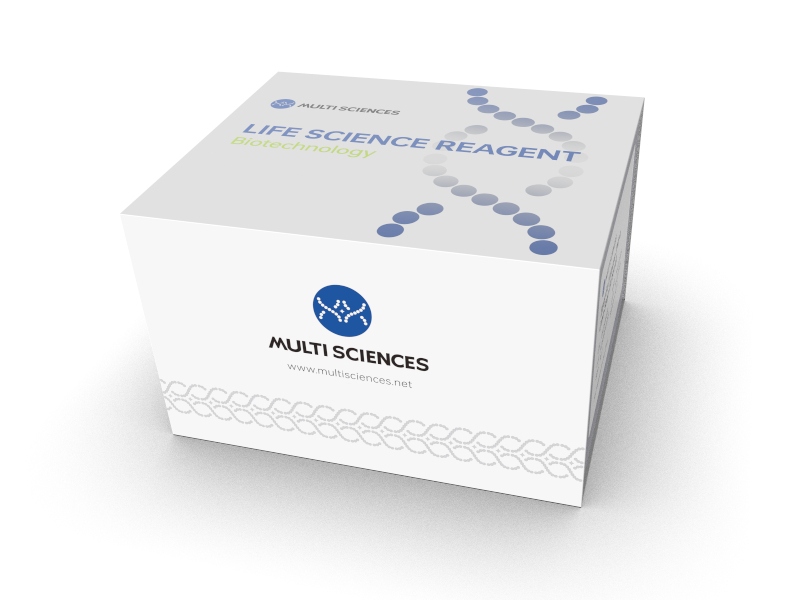
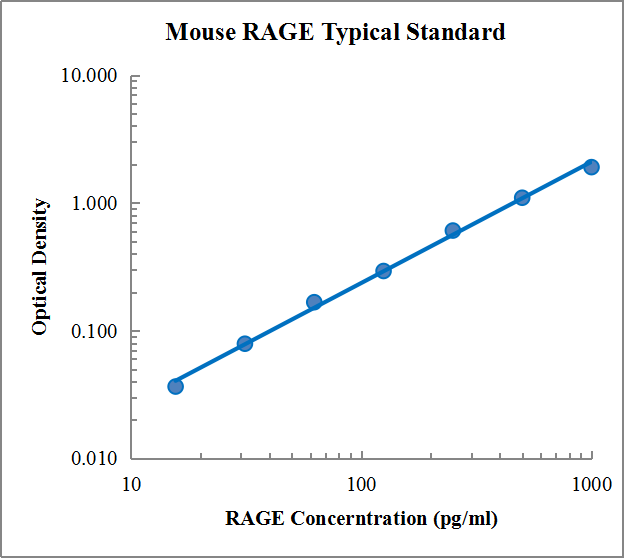
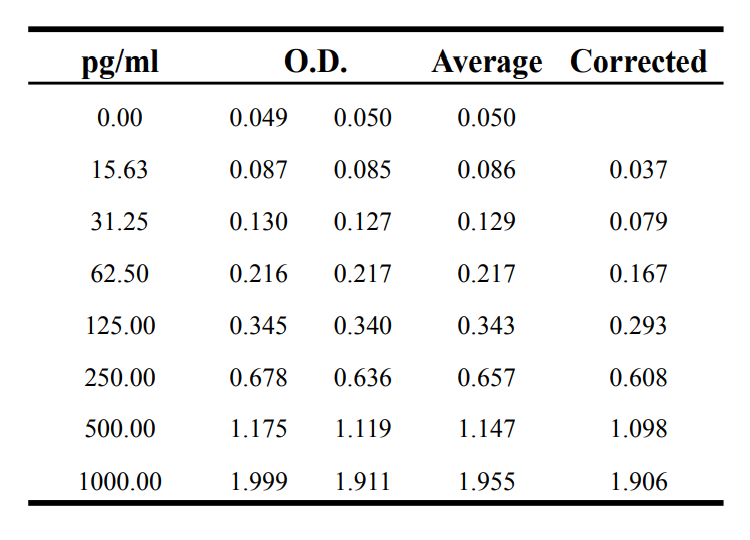

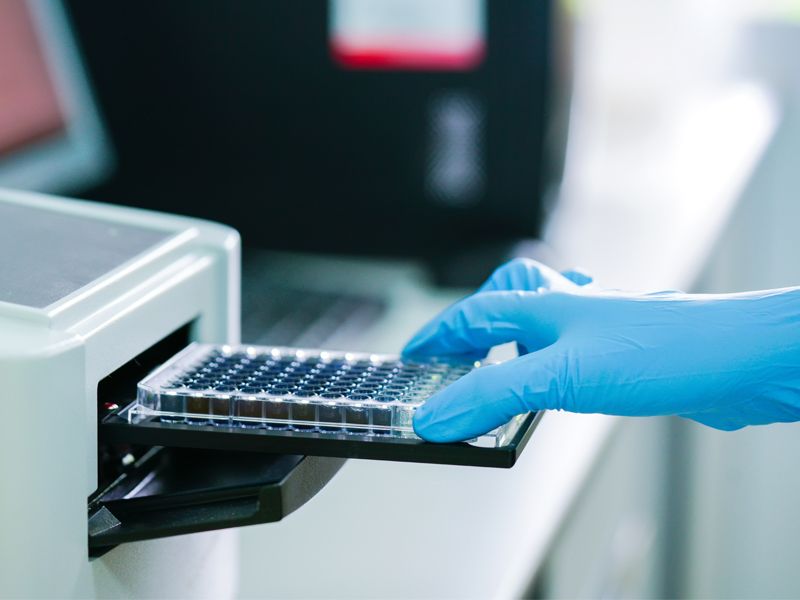
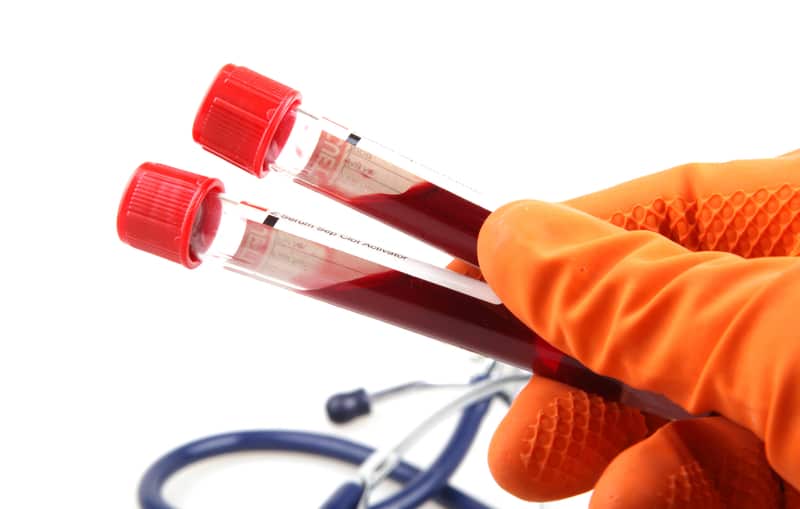

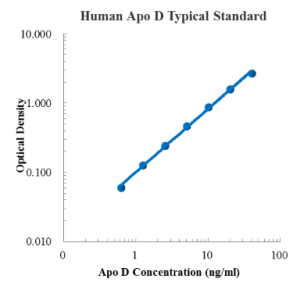
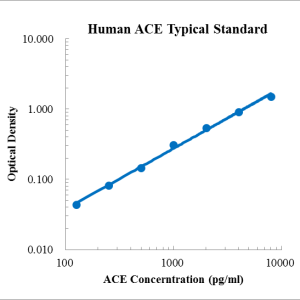
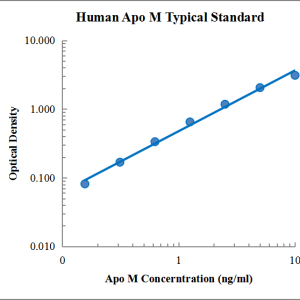
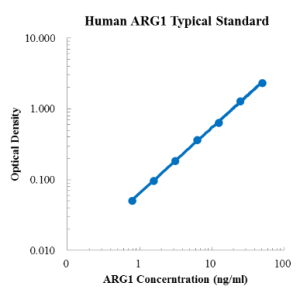
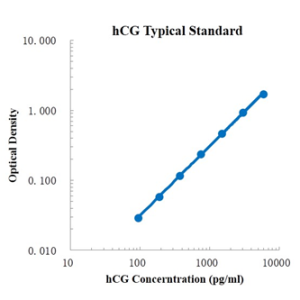
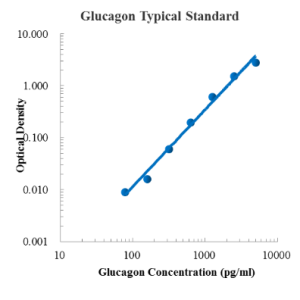
Reviews
There are no reviews yet.